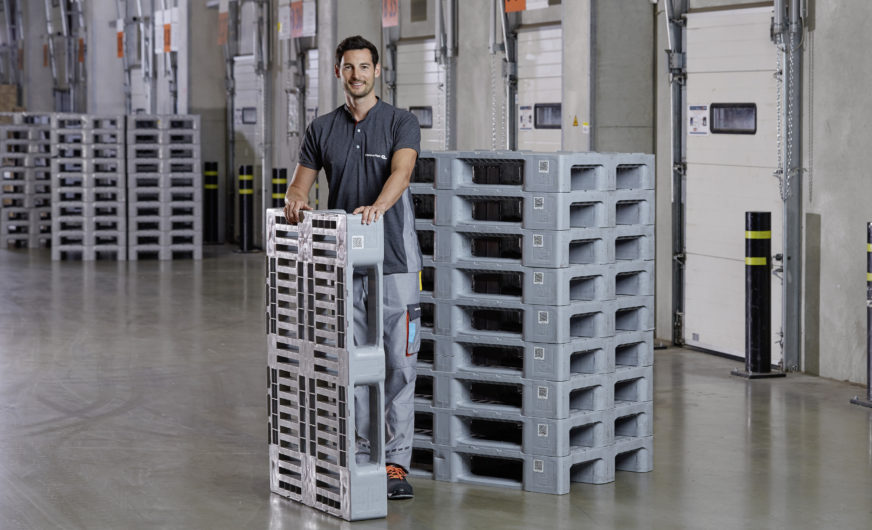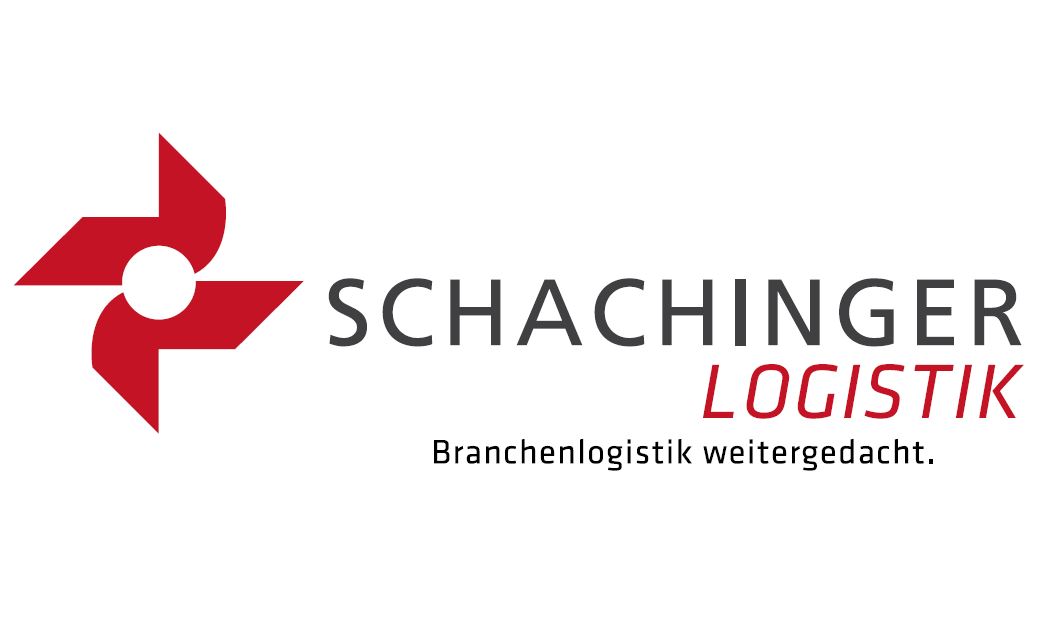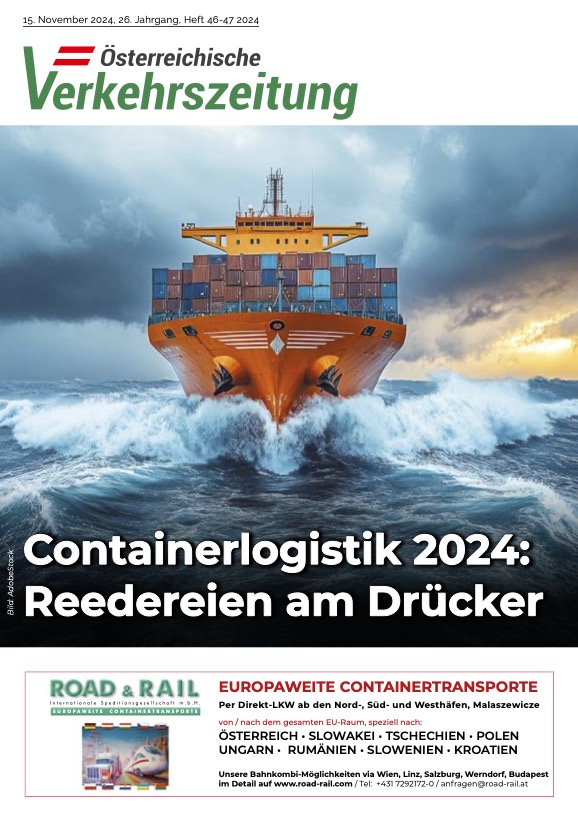Following a test period of around two years, the express delivery company trans-o-flex says goodbye to wooden pallets in national longdistance transport and will use hygienic plastic pallets instead. The company has purchased around 30,000 of these H1 pallets called load carriers for around one million euros.
“Because the hygienic pallets last much longer, they are more environmentally friendly than traditional wooden pallets and the investment will reduce our costs in the medium term,” says company boss Wolfgang P. Albeck explaining the investment. “The switch also brings additional operational benefits.”
The wooden Euro pallets used so far withstood an average of eight cycles at transo-flex. They were then so damaged that they had to be replaced. The new H1 pallet, the dimensions of which are identical to those of the Euro pallet made of wood used to date, has been tested by trans-o-flex for around two years in long-distance transport between Hanover and Hamburg.
Of the 30 H1 pallets used in daily transport between branches, only two were slightly damaged during the entire test. “The stability and longevity of the load carrier convinced us, but there are far more advantages,” says Wolfgang Albeck.
The plastic pallet also weighs less than the one made of wood, which now weighs 24 kilos, absorbs more and more moisture in the course of its short life and becomes even heavier. The plastic alternative weighs 18 kilos, which is 25 percent less. “This reduces the transport weight of a full articulated lorry by more than 200 kilos on each journey.”
For the service provider trans-o-flex Express, which specialises in the carriage of high-value and sensitive goods, above all pharmaceuticals, another important aspect comes into play, according to Albeck: “The H1 pallet not only maintains its weight, but also its appearance and cleanliness. Wooden pallets, on the other hand, become dark and dirty through use.”
Pharmaceutical customers who hand over new, light-coloured wooden pallets to trans-o-flex would therefore be right to criticise the return of dark pallets. More and more often the acceptance of these pallets would be refused. This is because only light-coloured pallets correspond to quality class A, which is prescribed for the carriage of pharmaceutical goods according to the rules of Good Distribution Practice (GDP). The plastic pallets are GDP-compliant as long as they are ready for use.
An expansion of the system is planned for next year. The pallet manufacturer has been commissioned to develop a suitable clip-on frame, a frame that encloses the pallet from three sides. This means that each pallet can be optimally loaded because the surface can be fully utilised without items protruding, which could damage them later during shipping.











